Comprehensive Report on Antihistamines and Decongestants Drugs
VerifiedAdded on 2023/03/29
|35
|1315
|95
Report
AI Summary
This report provides an overview of antihistamines and decongestants, detailing their mechanisms of action, uses, and potential side effects. It discusses three specific medications: azelastine, carbinoxamine, and desloratadine, including their FDA approval dates, indications for use, and special considerations for patients. The report also covers the pharmacokinetics and pharmacodynamics of these drugs, emphasizing the importance of consulting with a doctor before use. The student's personal comments and conclusions highlight the effectiveness of these medications in treating allergies and the necessity of following prescribed dosages and precautions. References to relevant studies are included, providing a comprehensive understanding of antihistamines and decongestants.
1 out of 35

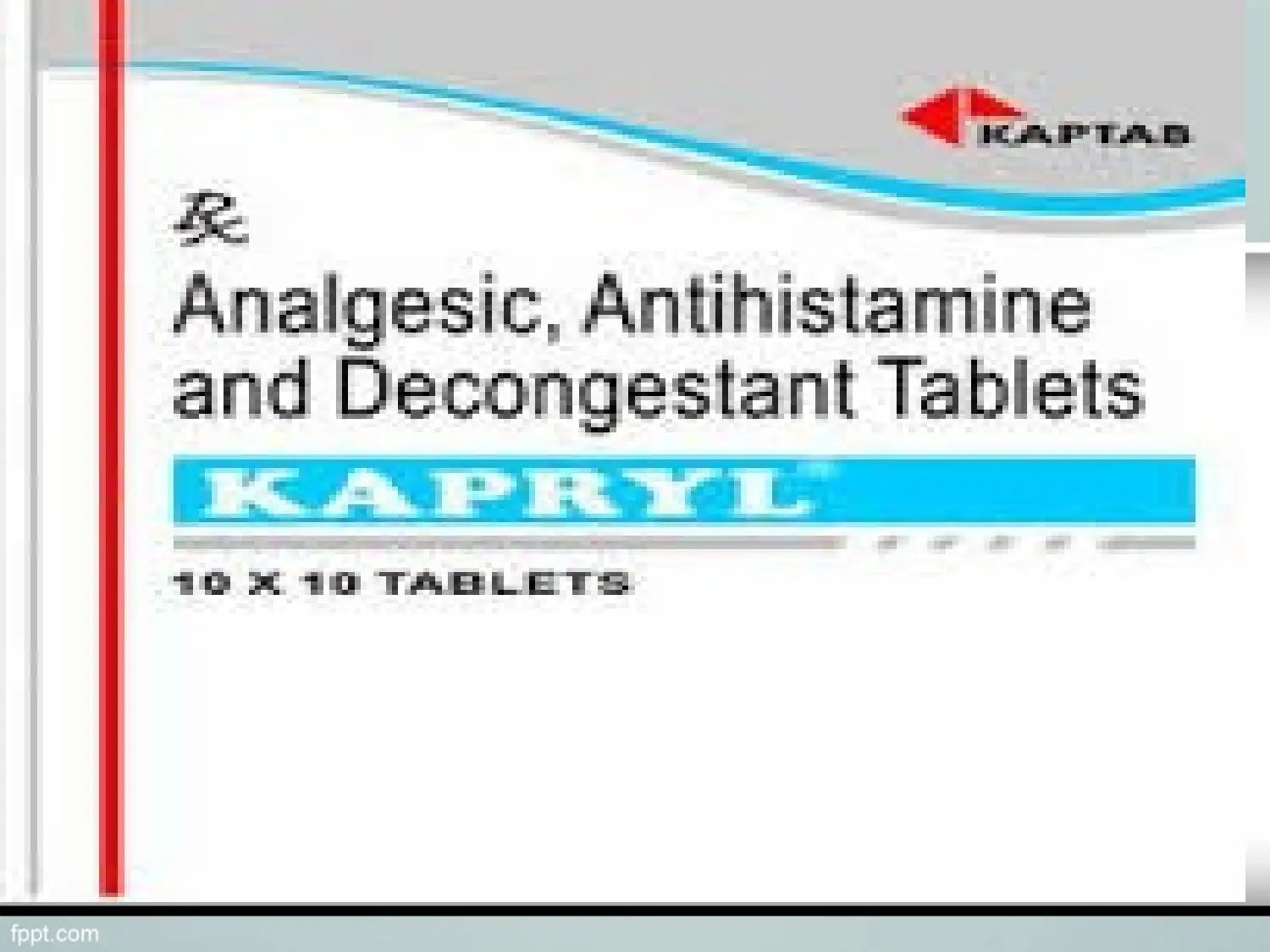
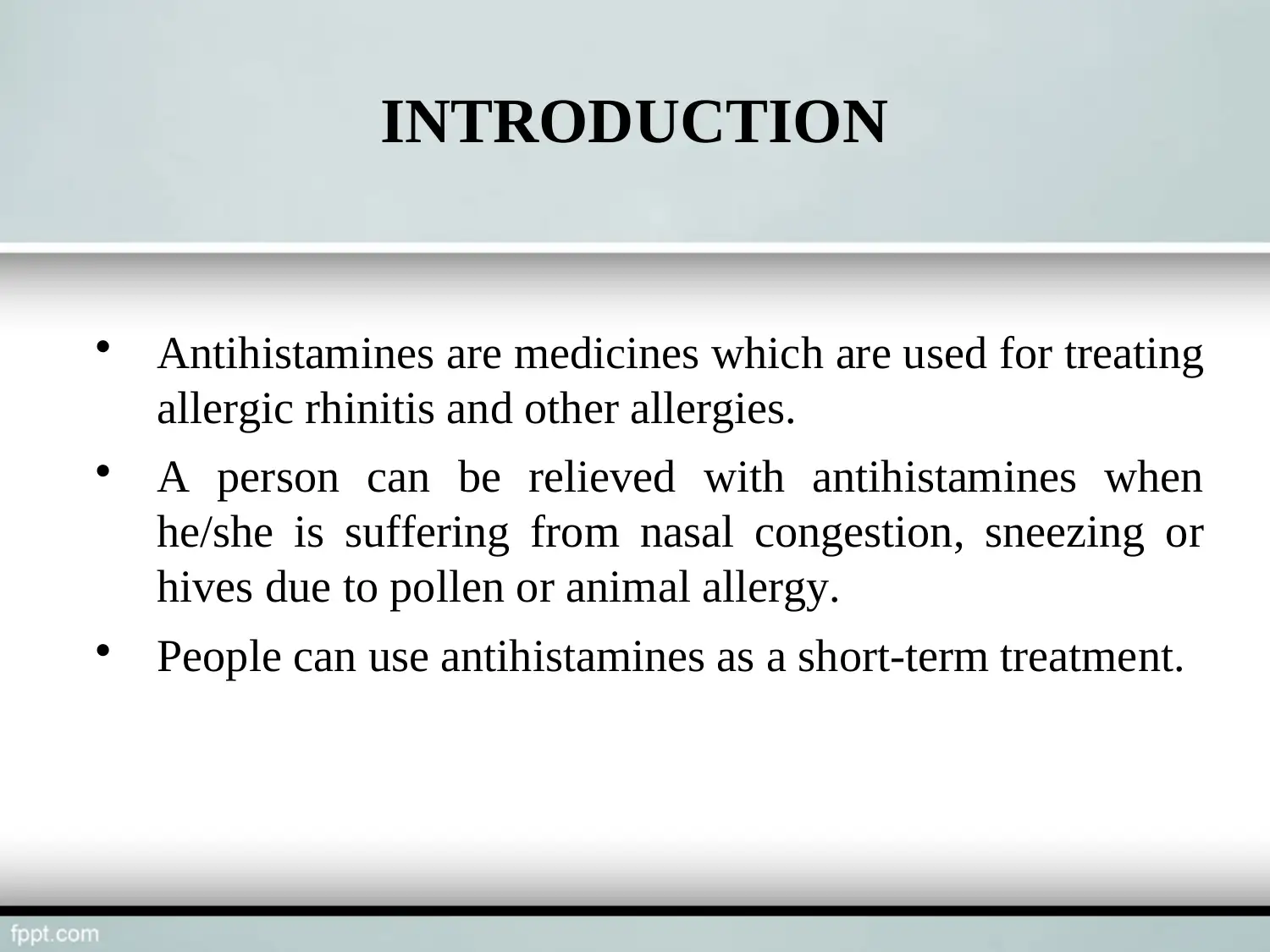

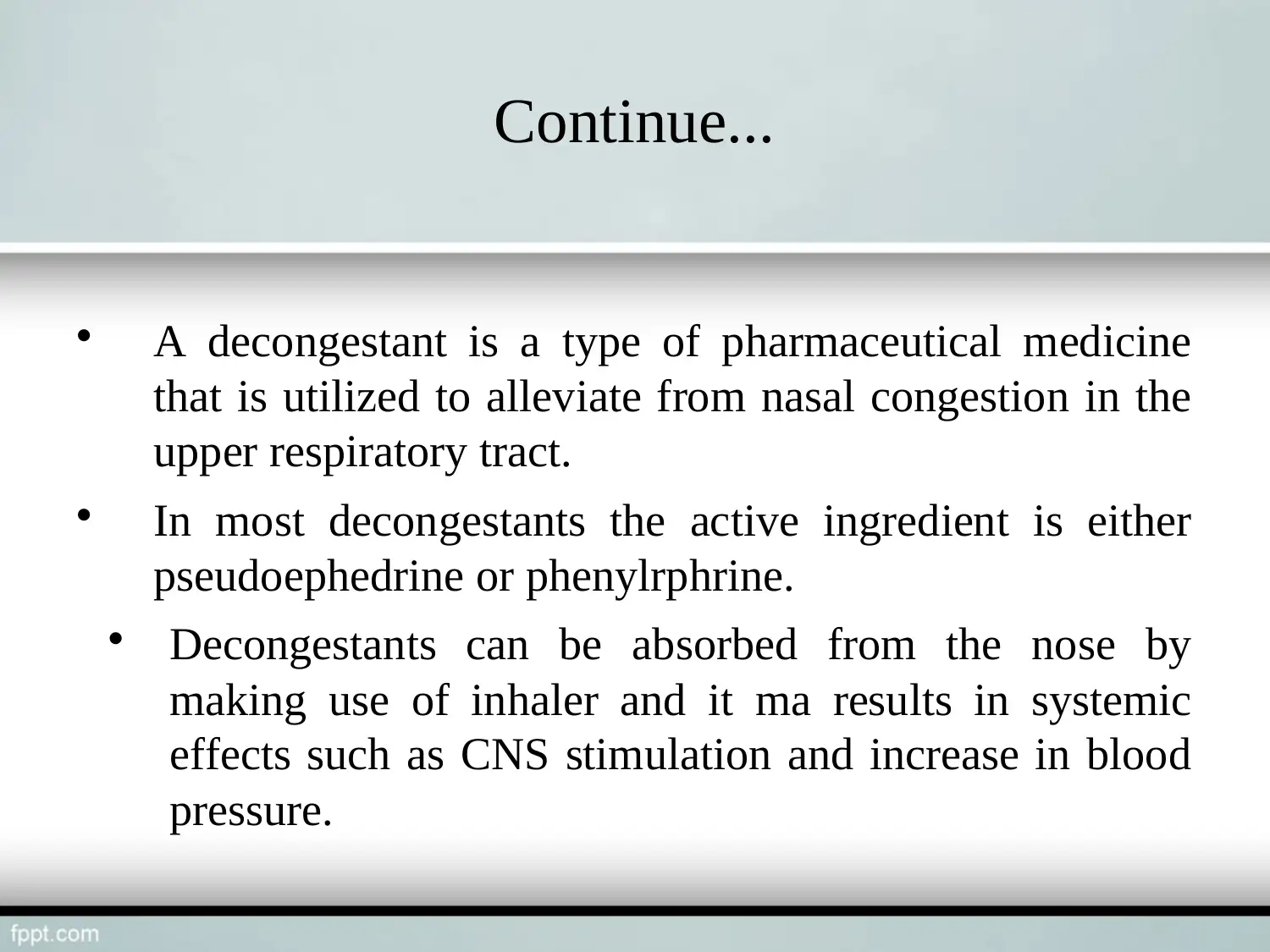
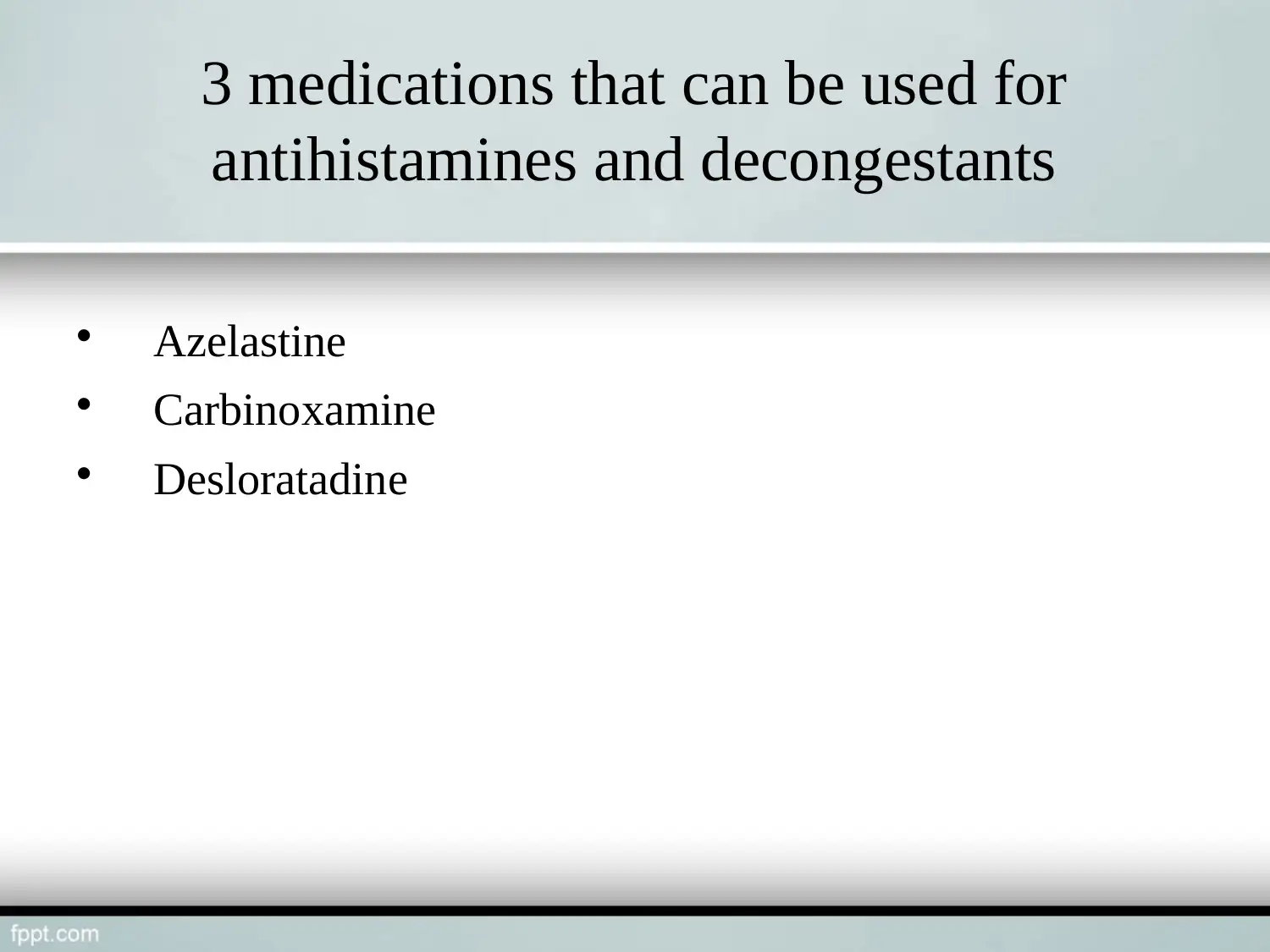
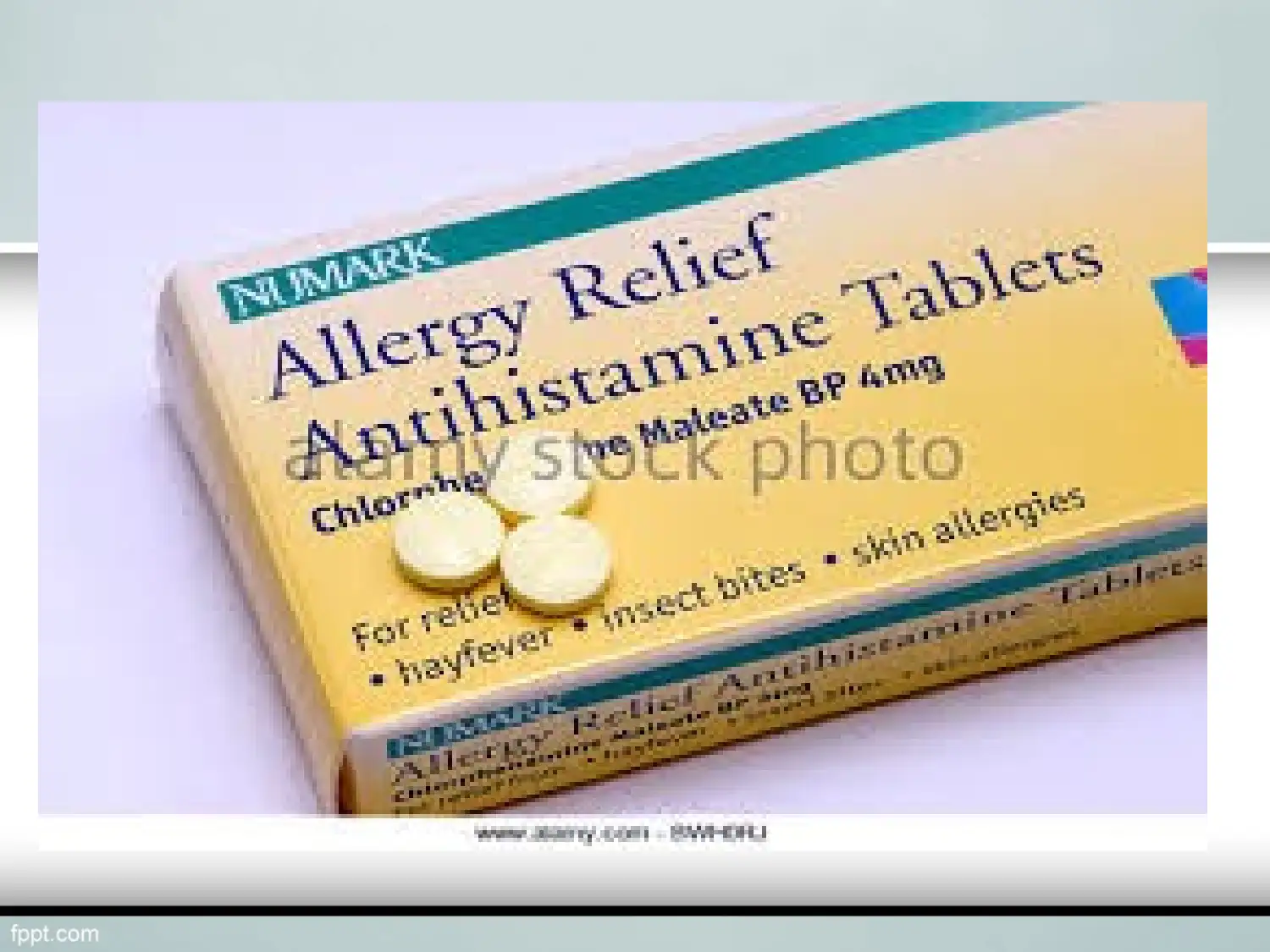
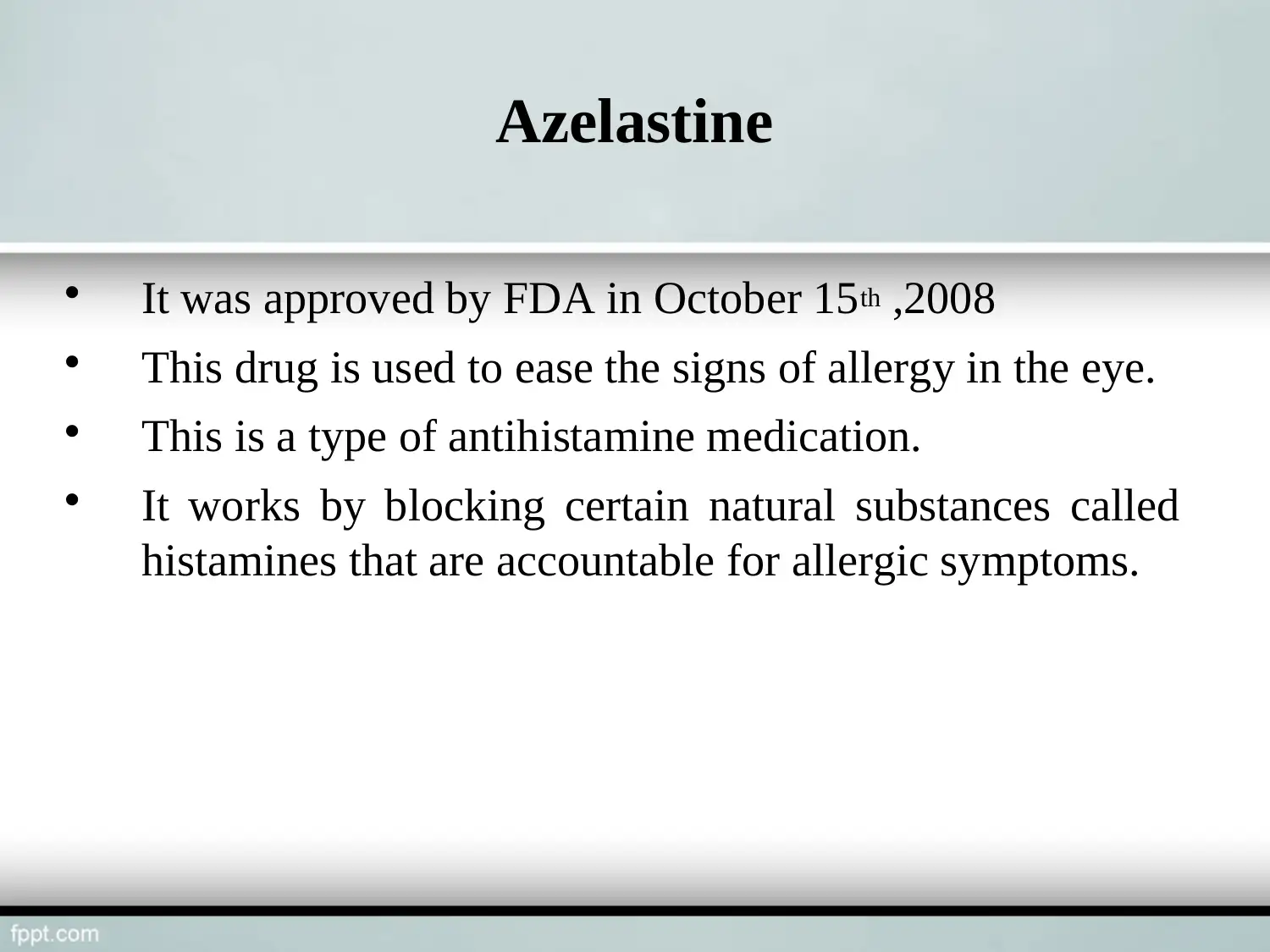
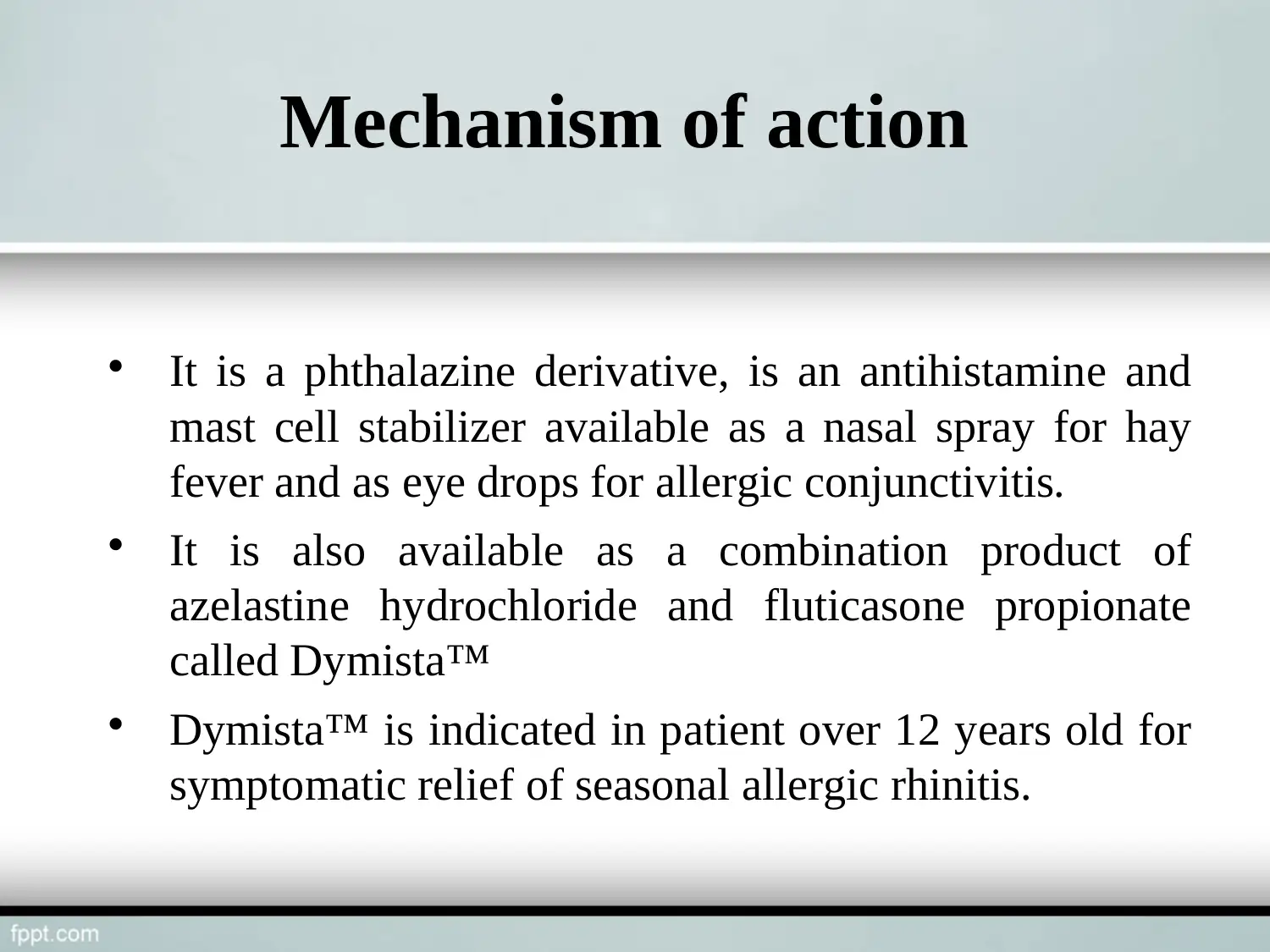
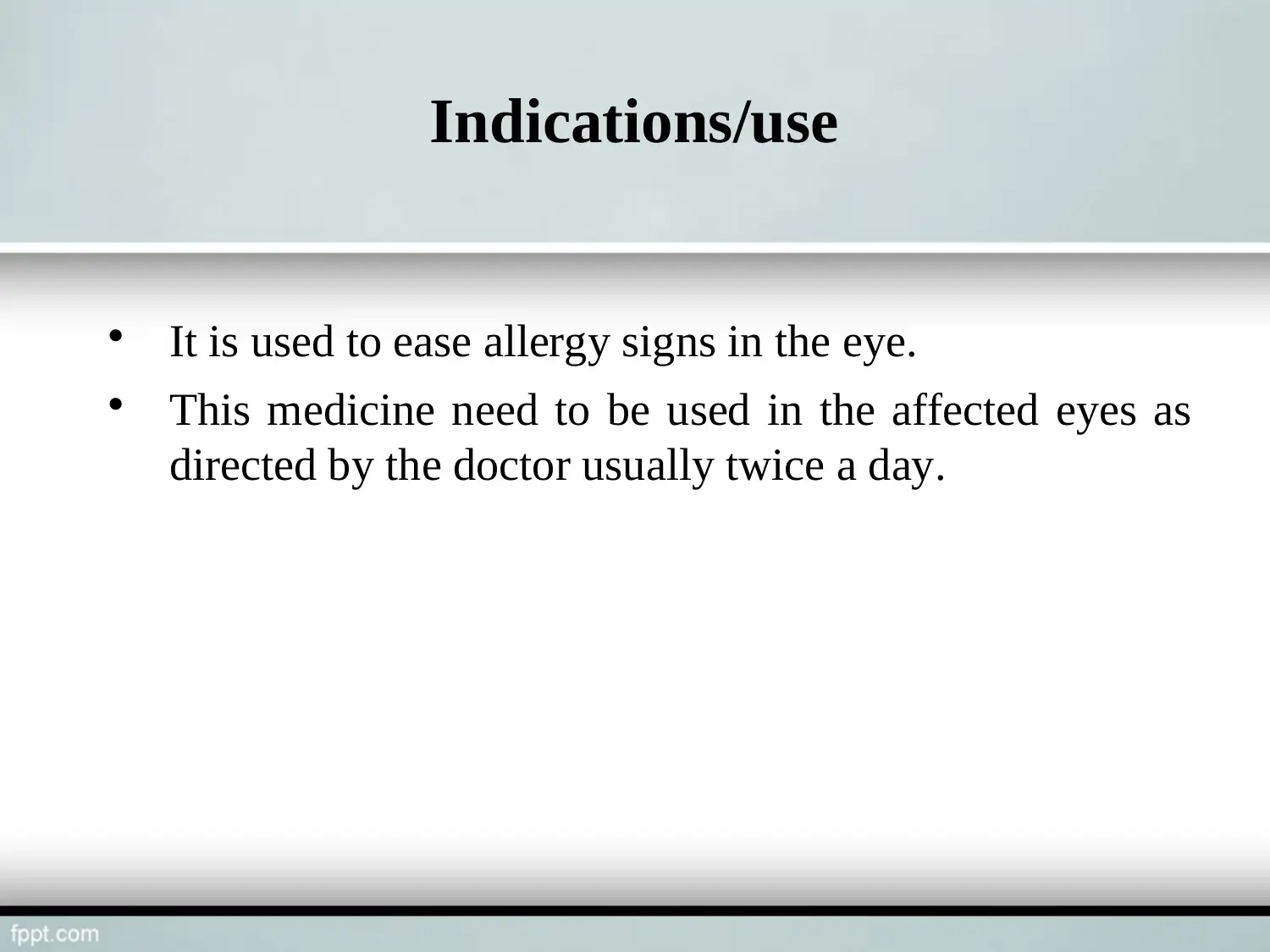
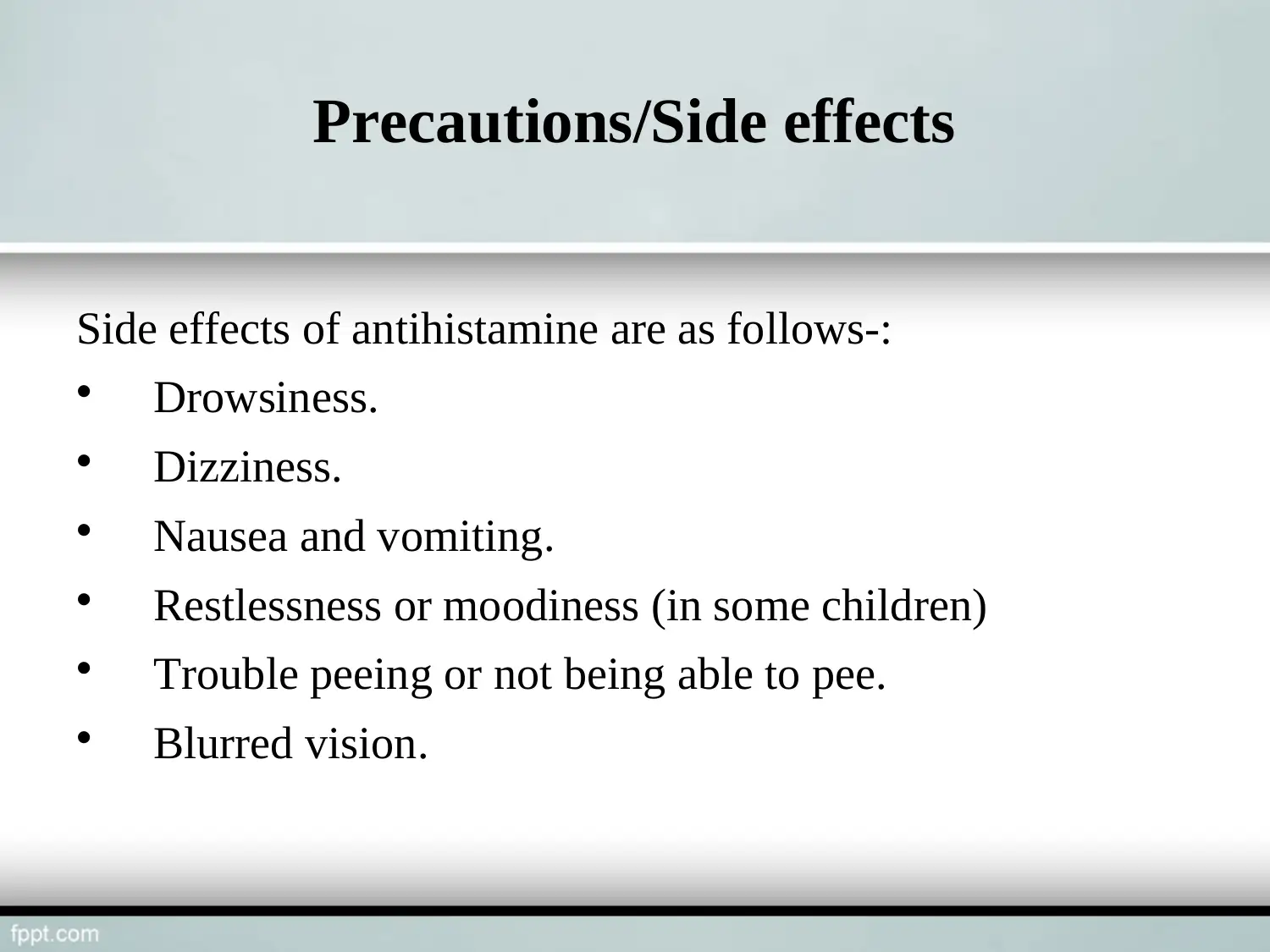
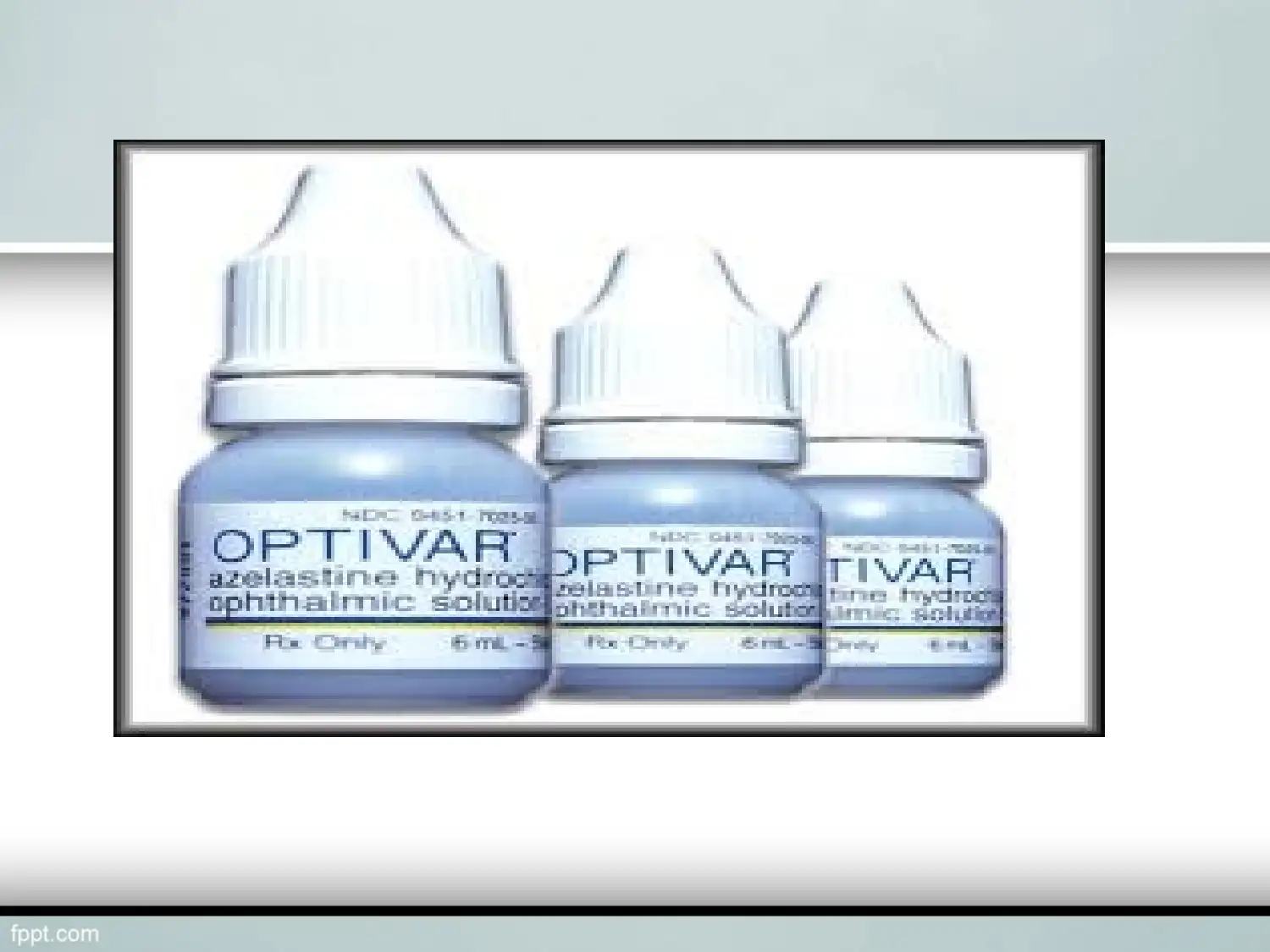
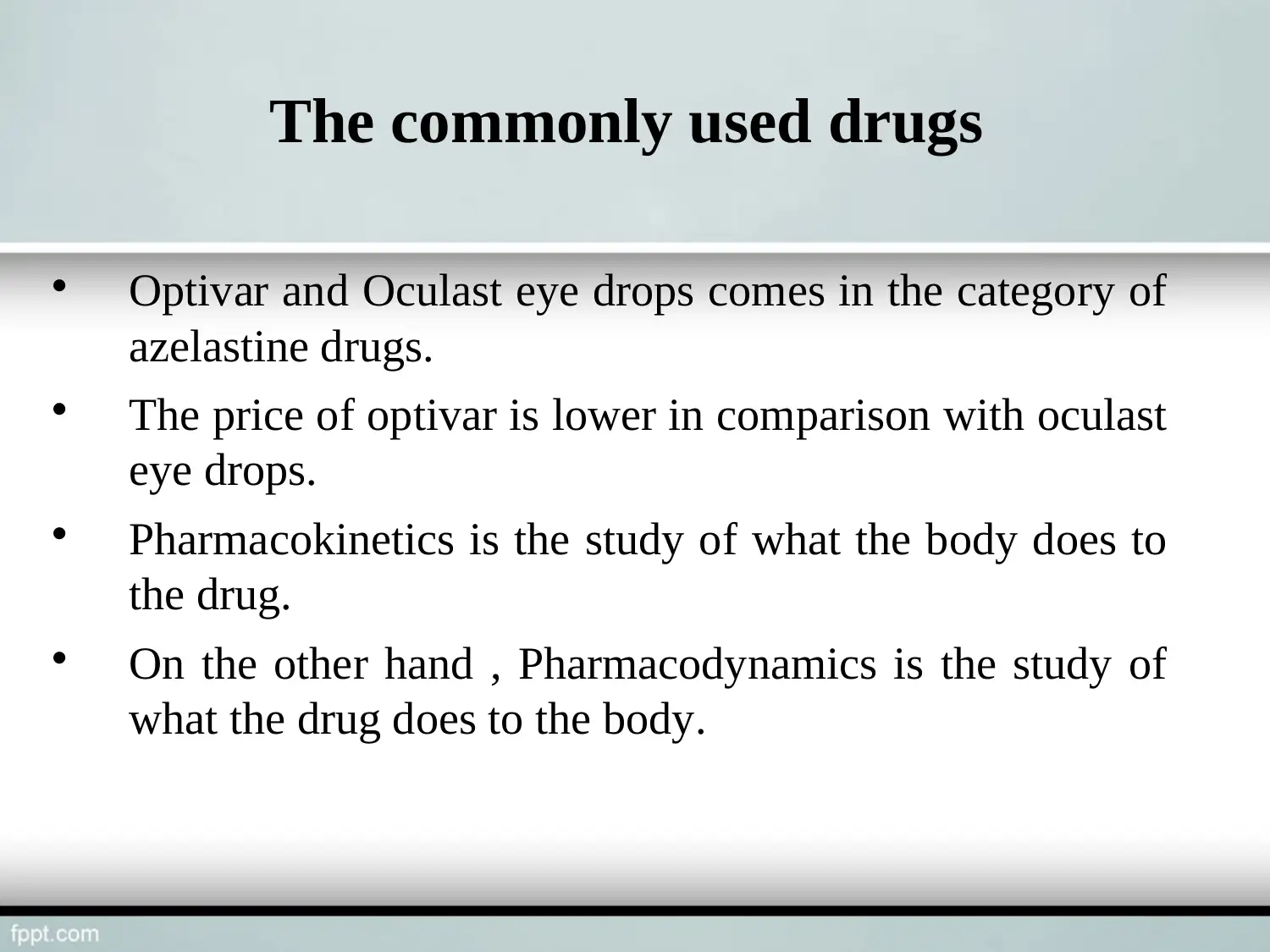





![[object Object]](/_next/static/media/star-bottom.7253800d.svg)